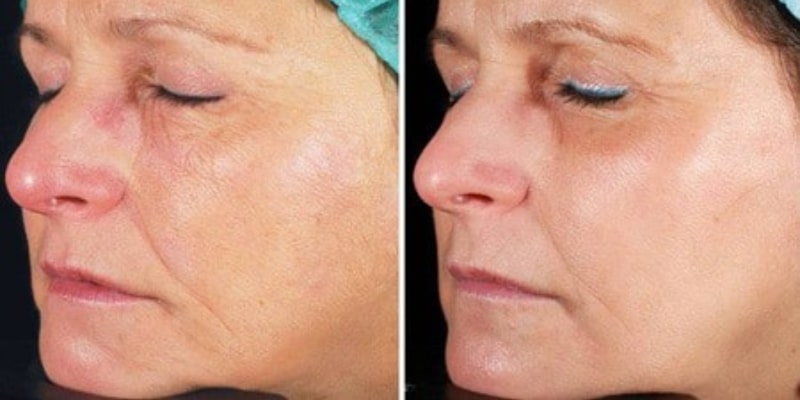A sleep study is a non-invasive test that evaluates how the body functions during sleep. It tracks brain activity, heart rate, breathing patterns, oxygen levels, and muscle movement. This test is usually done overnight in a clinic or at home, aiming to detect unnoticed disruptions.
Doctors may recommend a referral for sleep study when symptoms suggest a possible sleep disorder. Common signs include loud snoring, gasping at night, ongoing fatigue, morning headaches, or difficulty staying rested. These issues are often linked to apnea, insomnia, restless leg syndrome, or narcolepsy.
Recognising the Signs That Require Closer Attention
Poor sleep can impact both physical and mental health. It increases the risk of heart disease, depression, diabetes, and memory issues. A sleep study helps uncover the cause of these problems when other tests provide no clear answers. By closely monitoring nighttime activity, a more accurate diagnosis becomes possible.
Fatigue after a full night’s rest can signal the need for professional evaluation. Daytime drowsiness, difficulty concentrating, and irritability may all stem from undiagnosed sleep disorders. These issues affect quality of life and pose safety risks, particularly in driving or operating machinery.
What Happens During a Sleep Study
During an in-lab study, sensors are placed on the scalp, chest, and limbs to track various body functions while resting. Technicians monitor the data in real time to ensure accurate results. The environment is designed to be quiet and comfortable, helping to maintain natural rest patterns.
For some individuals, a home-based test may be suitable. These involve fewer sensors and are often used when obstructive apnea is suspected. While not as detailed as in-lab testing, they offer convenience and still provide valuable insights.
When a Sleep Study Becomes Essential
Doctors often recommend this step when symptoms continue despite lifestyle changes or treatment. It offers a closer look at issues that standard checkups may not detect. General practitioners usually work with specialists to guide the process. These professionals interpret the results and recommend appropriate care, which may include CPAP therapy, medication, or improved bedtime habits.
Link Between Sleep and Breathing Disorders
Breathing irregularities during rest are a common reason for further evaluation. Conditions like obstructive sleep apnea occur when the airway becomes blocked, causing repeated pauses in breathing. These episodes can happen frequently through the night, disrupting rest and reducing oxygen levels. Monitoring provides the most accurate way to confirm such conditions. Without proper testing, breathing disorders may go unnoticed for years, leading to more serious health problems.
Coordinated Care for Sleep Study and Treatment
Specialist clinics involved in sleep health offer a structured approach that aligns with the referral process from start to finish. These services typically include both in-lab and home-based sleep studies, guided by experienced clinicians who interpret results and modify treatment plans based on individual needs. Coordination with referring doctors ensures that each step is informed by medical history and current symptoms. This integrated model supports timely diagnosis and treatment, allowing those experiencing disrupted sleep to move smoothly from evaluation to management without delays or confusion. A referral for a sleep study is often the first step in identifying the cause of ongoing sleep disturbances. When symptoms like fatigue, snoring, or irregular breathing go unexplained, a detailed evaluation can provide clarity. These studies help uncover conditions such as apnea or insomnia and support the development of effective treatment plans. With access to both in-lab and home-based options and close coordination between specialists and referring doctors, individuals can move smoothly from diagnosis to care. Early intervention can significantly enhance rest quality, overall health, and daily functioning.





